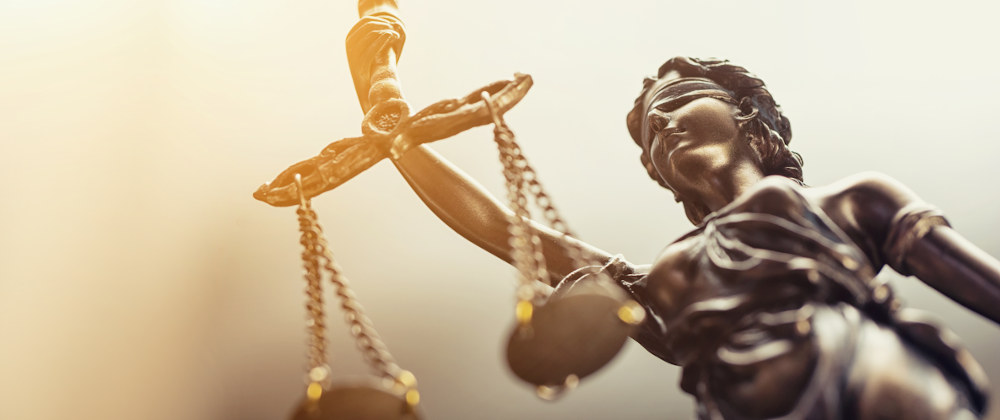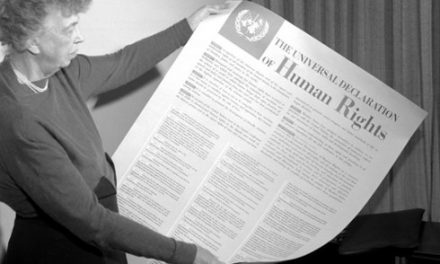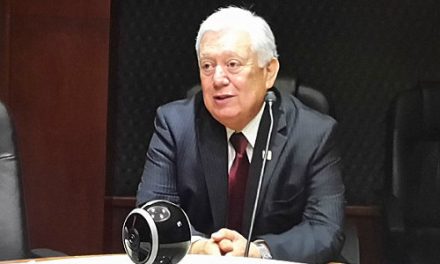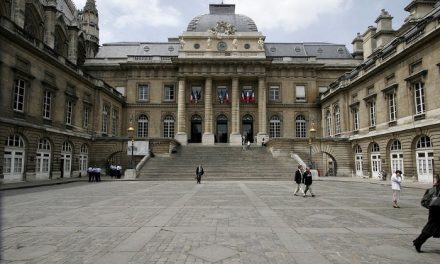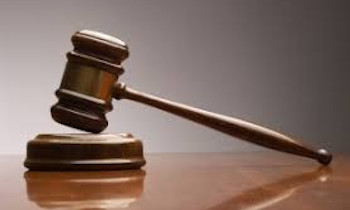Teresa Freixes and Santiago Castellà defend the legitimacy and impartiality of the process against the Catalan independence leaders
Teresa Freixes, professor of Constitutional Law at the Autonomous University of Barcelona, full academician and general secretary of the Royal European Academy of Doctors-Barcelona 1914 (RAED), and senator Santiago Castellà, full academician of the Royal European Academy of Doctors -Barcelona 1914 (RAED) and general secretary of the Pro-Rroyal European Academy of Doctors Foundation, agree in the defense of the legal guarantees of the judgment held in the Spanish Supreme Court that has ended up condemning the politicians and activists who organized or participated in the referendum for the independence of Catalonia on October 1, 2017.
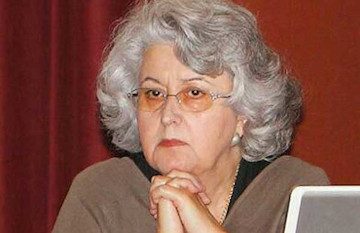
Dr. Teresa Freixes
Freixes, in individual opinion articles in the Spanist newspapers “Ideal” (in its edition last October 14) and “La Razón” (October 15), notes that Spain remains within countries with high democratic quality and that institutions as the European Court of Human Rights endorses the guarantees faced by judicial processes in Spain. “There is an international consensus on the correct development of criminal judgments in Spain. The jurisprudence of the European Court of Human Rights confirms this. Even from international organizations, such as the progressive Association of European Magistrates for Democracy and Freedoms (Medel), in which is integrated the Spanish association Judges for Democracy, has repeatedly repeated that the rights of people undergoing criminal proceedings in Spain are comparable to those of any nation in our European environment”, says the academician.
Freixes points out that the Supreme Court acted impeccably in the resolution of procedural aspects such as the challenge of defendants to judges, in the argumentation of crimes and in the graduation of sentences, which to some may seem excessive and others insufficient. And that even addressed issues such as the so-called right of self-determination. “It should be noted that the Supreme Court enters to examine crucial aspects of the so-called ‘procés’, such as the analysis of the right to self-determination or the right to decide in the nomenclature of secessionism.
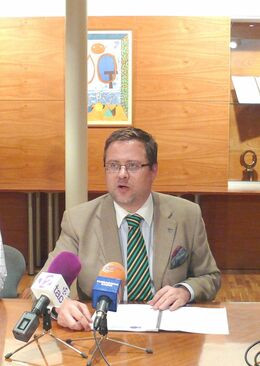
Dr. Santiago Castellà
It makes it clear that it is a claim, a political aspiration that does not It has regulatory coverage in our legal-constitutional system, as the Constitutional Court has repeatedly ruled, which refers to the constitutional reform so that this could be an exerciseable right”, she says.
“In Spain it isn’t judged by ideas or by exercising freedom of expression. It’s judged by facts that may constitute crimes, as we can read in the proven facts of the ‘procés’ judgment. This is how associations recognize it from the European Union itself of jurists such as the progressive Medel Association. We must therefore understand the sentence as one of the manifestations of defense of the rule of law, just like that which would have been made in any democratic country in the world”, concludes Freixes.
Castellà, on the other hand, recalls in the October 17 issue of “Diari de Tarragona” how before the judgment began an important part of the population was already convinced of the absence of guarantees and serious human rights violations. “The sentence, for many, was an arbitrary act of revenge. But the truth is that it’s difficult to propose an amendment to the totality to the democratic condition of the Spanish State”, says the academician.
Castellà also recalls the defense of an association as Judges for Democracy of the sentence: “The judgment has been carried out under conditions of maximum transparency and guaranteeing the rights of all parties, the independence, impartiality and technical level of the Court are not questionable” . “In democracy there is only one way, that of the law, that of the popular will channeled in a legal system that has channels to be changed. It certainly has its limits and its complexities, but outside the legal order there is only chaos, the law of the strongest and arbitrariness”, he concludes.

